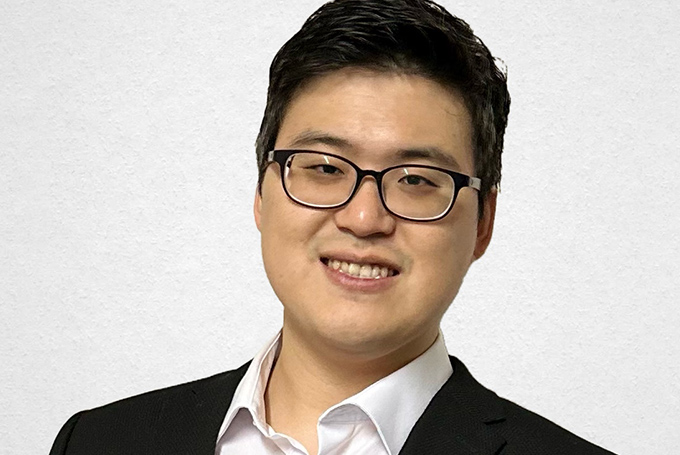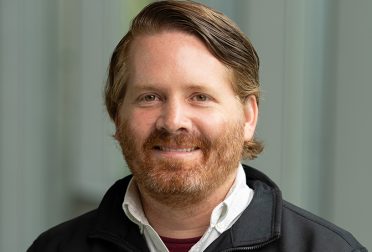by Stefanie Koperniak
When David Park arrived at SDM, he saw the program as a means to propel his career at the time. Now having worked in technical product management at AT&T for nearly a decade, and then at Amazon, and now at JP Morgan Chase, David credits his ability to navigate the challenging job market, in large part, to the skills and connections he developed in the SDM program—as well as to the career development assistance it offers.
“SDM is situated in between technology and management, and it turns out not everyone is well-versed in both,” says David. “In the real world, it’s not just about building the perfect technical system, it’s about people, leadership, and more. You have to be able to navigate both technology and business.”
An engineer at heart, David says the SDM program appealed to him much more than the idea of pursuing an MBA. Before his time in SDM, he had earned bachelor’s degrees in electrical and computer engineering and chemical engineering from Rutgers University and a master’s degree in computer science from Georgia Institute of Technology.
David cites the sociotechnical, interdisciplinary nature of SDM as a key advantage of the program. He especially valued learning to build roadmaps, look at problems multi-dimensionally, understand situations using different frameworks, make decisions in a data-driven way, and anticipate what might happen with a change—planning beyond just first-order effects. He also benefited from the practicality of being able to integrate his family, professional, and academic lives while at SDM. He lived in the Westgate Family Housing Community, getting to know other students and their families—and continued his career while pursuing his studies.
“Learning while also working was very valuable,” says David. “I was able to actually apply what I learned immediately in my professional life—so this was also beneficial to my team at work.”
SDM provides extensive career development and coaching to students and alumni, helping to equip students with the tools they will need to advance within their current companies—as most students have already been working for several years—or to seek out new jobs, including years after graduation. SDM hosts workshops on topics such as resumes, networking, behavioral interviews, best practices for LinkedIn, and salary negotiation. Students also have access to one-on-one career coaching to help them develop an effective strategy to manage their careers in the short and long term.
“Our students and alumni represent a huge diversity of industries, job functions, and backgrounds, so it’s great to be able to work with them one-on-one to provide tailored career coaching that meets their specific needs,” says Julie Papp, SDM Career Development Manager. “We encourage them to build advocates for themselves, researching companies and finding alumni for informational interviews.”
Julie had worked directly with David, encouraging him to be very intentional about his job search and think about how he could leverage his very marketable, transferable skills across different industries.
David also participated in many activities while at SDM, including research and teaching assistant work in supply chain and logistics, an area he hadn’t had as much experience in previously. He has long been interested in education and MOOCs, and helped with the Supply Chain MicroMasters program. Through these activities and his classes, he was able to get to know classmates, faculty, and staff in SDM, IDM, Sloan, and the School of Engineering—networking and building friendships across the whole MIT community. Some of these connections have resulted in multiple job leads.
“The skill sets we gain in SDM can be applied anywhere, making us very flexible in terms of what we can do,” says David. “We bring a unique perspective and can make an immediate contribution wherever we work.”




